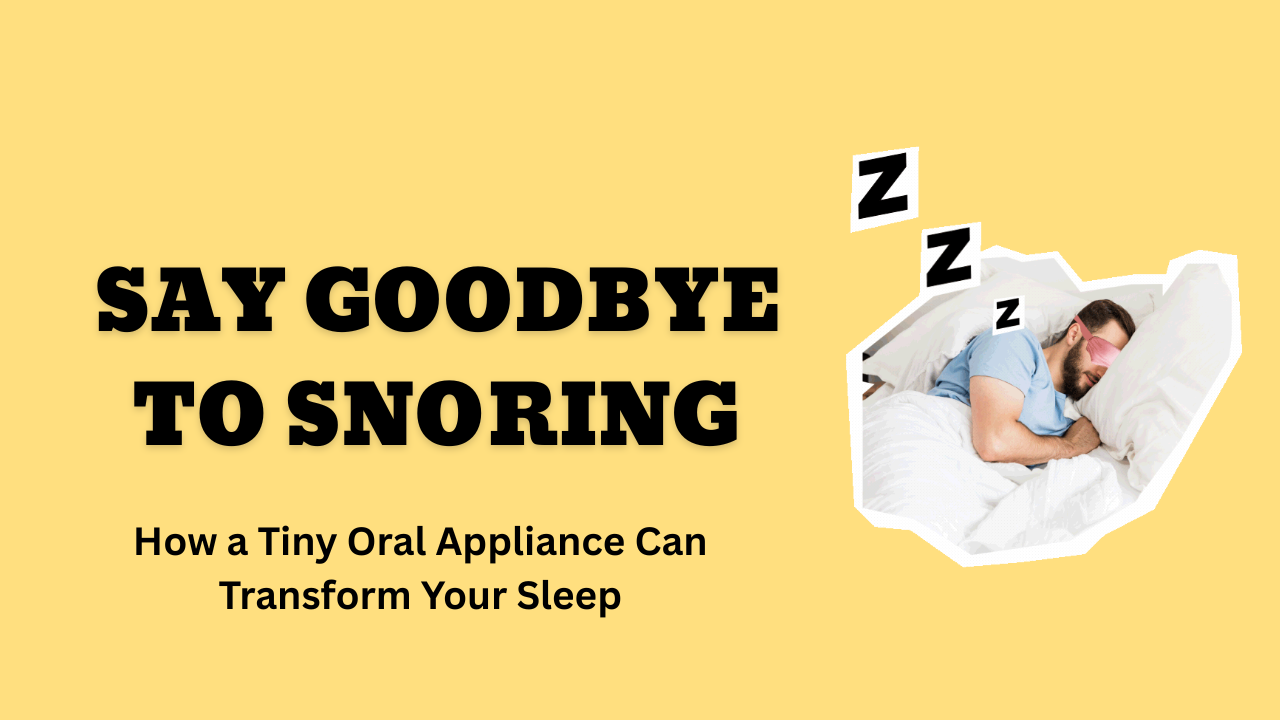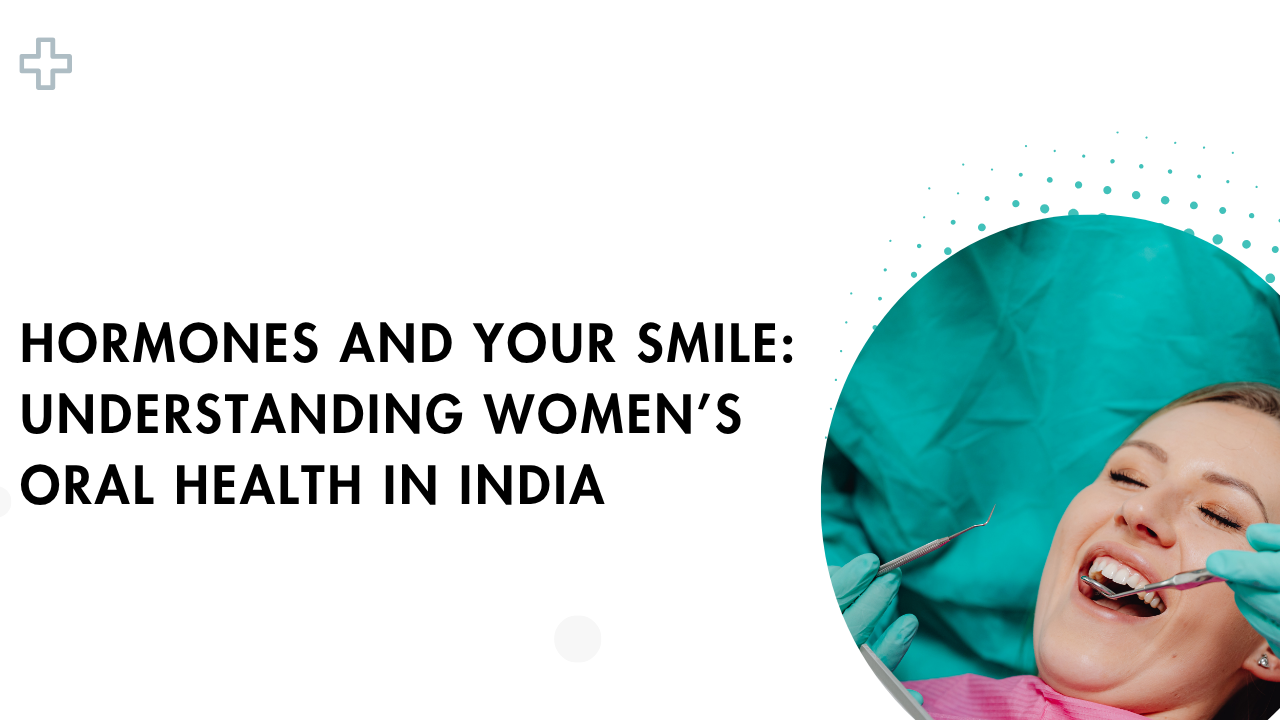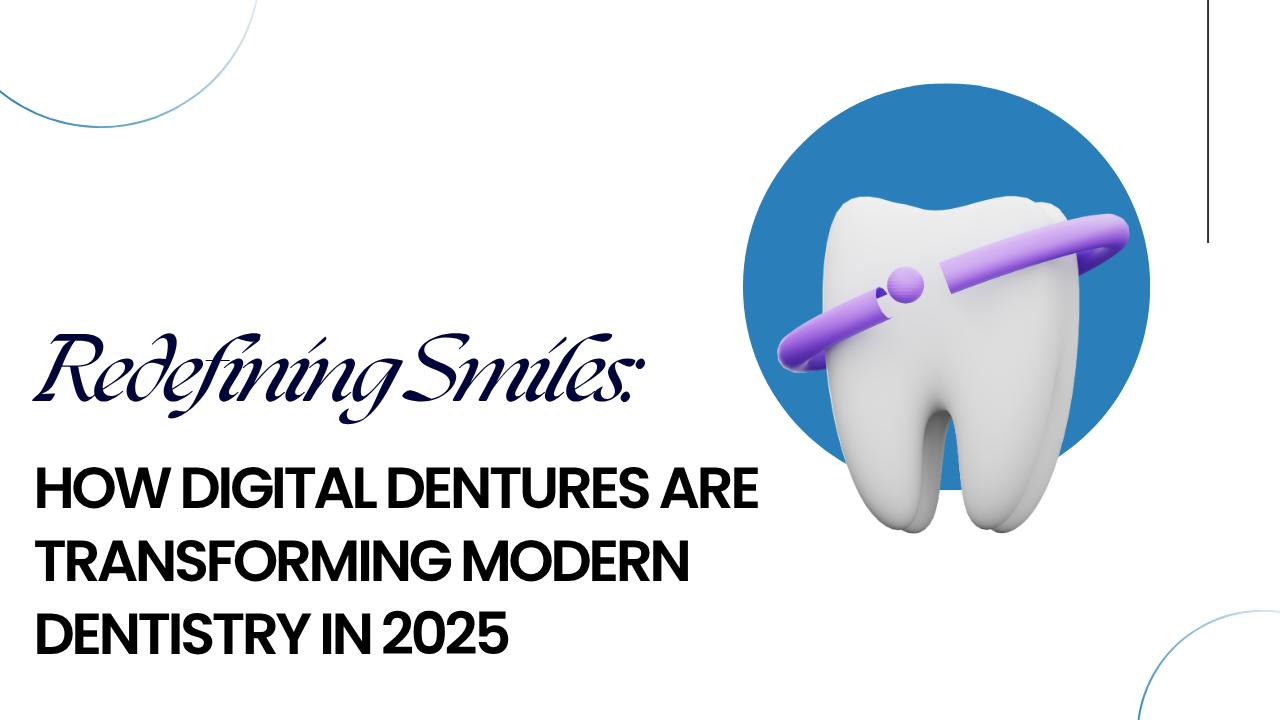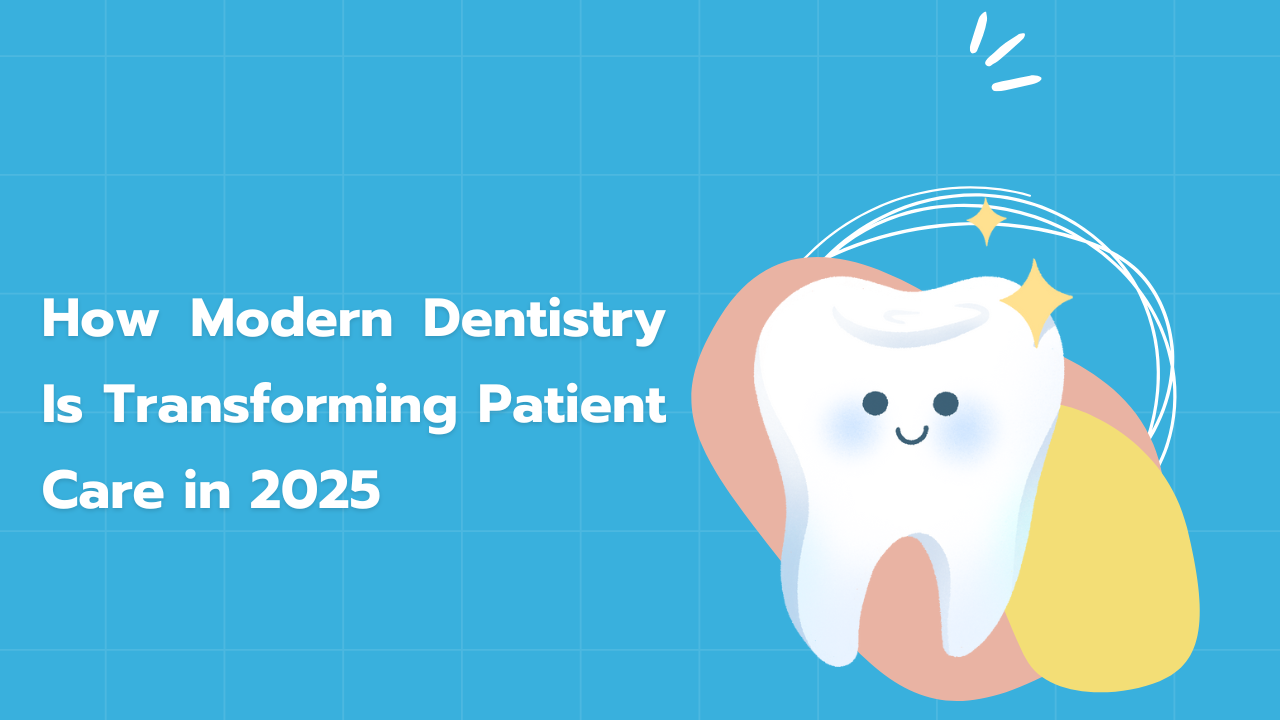Let’s discuss a topic that often goes unmentioned in daily chats — snoring. More specifically, we’ll explore the reasons behind it, how it impacts your life (and possibly your partner’s), and the solutions available.
No unnecessary details or complicated medical terms. Just a straightforward discussion about how a simple dental device, known as an oral appliance, can make a significant difference.
If you or someone close to you snores loudly every night or wakes up feeling exhausted, keep reading. We’re about to delve into the sleep science you didn’t realize was important.
First Things First — Why Do We Snore?
Imagine this: you’re in a deep sleep, your muscles are relaxed, and so is everything in your throat. Your tongue, soft palate, and the tissues at the back of your mouth all become a bit loose.
If these relaxed tissues begin to constrict your airway, what occurs? Air still needs to pass through. As it does, those soft tissues vibrate, creating the not-so-pleasant sound of snoring.
Now, here’s the twist — sometimes, the airway doesn’t just narrow; it completely collapses. This means you actually stop breathing for a few seconds. This goes beyond snoring — it’s called obstructive sleep apnea (OSA).
Is it alarming? A bit, yes. But understanding it is empowering — and that’s why you’re here.
What’s Going on in the Body During Sleep Apnea?
Let me break this down for you. During episodes of sleep apnea, your body temporarily stops breathing for brief moments. This causes a drop in your oxygen levels, which triggers a response in your brain that pulls you out of deep sleep so you can resume breathing.
The catch is that you remain unaware of this happening. This cycle can occur multiple times each hour. As a result, even if you think you’ve had a full eight hours of sleep, your brain and body may feel as if they’ve only rested for two hours.
This is why you may wake up feeling groggy and experience symptoms like headaches, difficulty concentrating, irritability, or even elevated blood pressure over time. Sleep apnea is more than just snoring; it’s your body signaling that it’s not receiving enough oxygen.
Enter: The Oral Appliance (a.k.a. Your New Best Friend)
Now, let’s discuss a practical solution that doesn’t require masks, tubes, or surgical procedures.
Oral appliances are small devices, similar to a sports mouthguard or a clear aligner, that you wear while sleeping. However, they serve a purpose beyond just being in your mouth.
Their function is both simple and ingenious: they gently push your lower jaw forward.
This minor adjustment leads to remarkable benefits:
- It opens the airway.
- It prevents your tongue from falling back.
- It stops the soft tissues in your throat from collapsing.
- It allows air to flow freely, without noise or interruptions.
In summary: You breathe more easily, sleep more soundly, and wake up feeling better.
Let’s Break This Down Visually (Table Time)
| Without Oral Appliance | With Oral Appliance |
| Jaw relaxes and falls backward | Jaw stays gently forward |
| Tongue may block the airway | Tongue stays forward, airway stays open |
| Soft tissues vibrate = snoring | Tissues stay in place = quiet sleep |
| Interrupted breathing (apnea) | Smooth, uninterrupted airflow |
It’s a minor change, yet it has a significant impact.
So, Is This Some Kind of Magic?
No, it’s simply intelligent science addressing a practical issue.
What’s fascinating is that the position of your jaw acts as a regulator for your airway. When your jaw moves forward, it creates additional space in your throat. This extra space leads to reduced vibration, less blockage, and ultimately less or no snoring.
Remarkably, a small dental appliance can provide such significant relief. However, it is effective, and users are enjoying the results.
What Does It Feel Like to Use One?
You may be asking yourself, “Can I sleep with something in my mouth?”
That’s a completely reasonable question. However, it’s important to note that these devices aren’t generic ones you can simply order online. A dentist who specializes in sleep medicine will create a custom appliance specifically designed for your mouth and jaw.
This appliance is designed for comfort, and most people adapt to it quickly, typically within a few nights, so much so that it feels strange to be without it. Additionally, it operates silently, is compact, and doesn’t need electricity. You won’t have to deal with mask imprints on your face, wires, or noise. Just you, breathing comfortably.
Bonus: It’s Super Travel-Friendly
Don’t overlook the travel aspect.
Have you ever attempted to pack a CPAP machine in your carry-on luggage? It’s quite a hassle. It requires electricity, distilled water, and ample space. On the other hand, oral appliances? Just place them in a small case and throw it in your bag. Simple as that.
For frequent travelers or those seeking a low-maintenance option, this is a dream come true (both literally and figuratively).
Let’s Talk About Results
You may be wondering, “This all sounds good, but how well does it actually work?”
Here’s the situation:
For snoring: Oral appliances work very well.
For mild to moderate sleep apnea: They are frequently suggested as the initial treatment option.
For severe sleep apnea: They can still be beneficial, particularly for those who have difficulty using CPAP machines.
Additionally, many individuals find oral appliances more manageable for long-term use. There are no wires, no tubes to clean, and no pressure adjustments—just insert it and go to sleep.
Should You Just Get One Online?
While it may be appealing, attempting to handle this on your own is not advisable.
Although over-the-counter snore guards may appear to be an easy option, they lack a personalized fit and can sometimes lead to poor jaw alignment or fail to work altogether.
It’s best to consult a dentist who specializes in dental sleep medicine. They will assess your bite, create impressions of your teeth, and make sure the device is customized to meet your specific requirements.
You’re not merely purchasing a product; you’re investing in a sleep solution designed for your unique anatomy.
What You’ll Probably Notice Once You Start Sleeping Well
Let’s discuss how getting enough sleep has a cascading impact. Your body performs its natural functions of repair, restoration, and reset when you are breathing freely throughout the night.
And that implies:
- You’re not sleepy when you wake up.
- You feel happier. You’re more composed and less agitated.
- The second (or third) cup of coffee may become less important to you.
- You become more focused.
- Your partner? Likely resting peacefully next to you, appreciating the quiet.
To be honest, you don’t realise how much you need better sleep until you manage to achieve it.
How to Start (It’s Simpler Than You Think)
So, now that you understand what is possible, what is the first step?
- Talk to your dentist. Enquire whether they work with sleep appliances or can connect you to someone who does.
- Get evaluated. You may require a sleep test.
- Get fitted. Your unique oral appliance is created using a bespoke mould.
- Test it out. Wear it consistently for a few weeks. Keep track of how you feel. Chances are, you’ll notice a significant difference.
Ready to Say Goodbye to Snoring?
If you’re here, likely, snoring or sleep apnoea has already had an impact on your life. Perhaps you are exhausted, your partner is frustrated, or you are simply tired of waking up feeling… sleepy.
And now you know that a small, custom-made device created by your dentist could be the key to unlocking greater sleep, better health, and more peaceful nights.
So, go ahead. Consult your dentist
You might well find that the solution to your sleep problems is in the palm of your hand.




